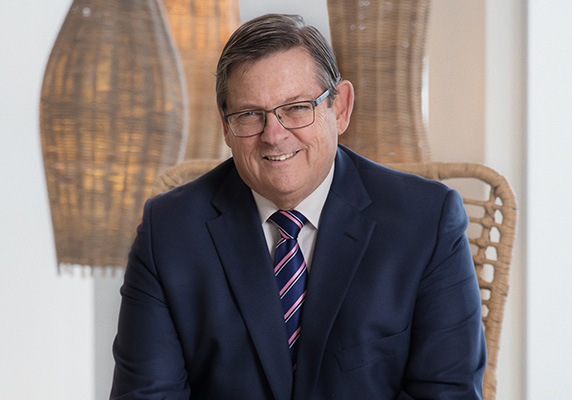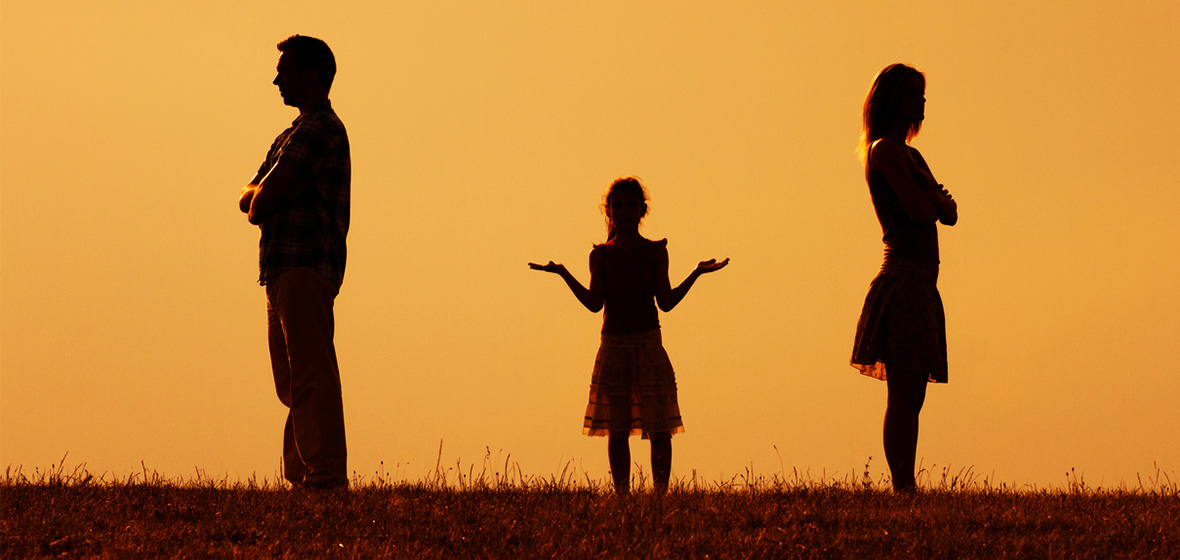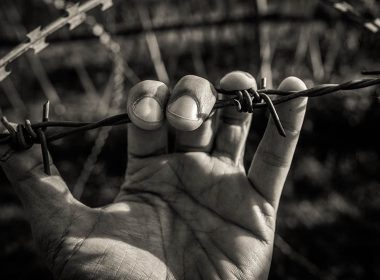A new report casts light on the changing composition of the family and its effect on separation and child custody matters
A new report compiled by Australian Family Lawyers has drawn on census data, secondary research and industry surveys to review – and forecast the future of – the changing terrain of legal relationships, societal attitudes and the frameworks of family law. The report, Australian Legal Relationships – Love, Marriage and Divorce in a Modern Nation, predicts both an increase in de facto relationships and increasing divorce and dissolution, as ‘uncoupling’ becomes a broadly accepted norm. Mid-pandemic, divorces increased by 13.6 per cent in 2021 relative to 2020, while de facto relationships increased from 9.4 per cent in 2011 to 11.5 per cent in 2021.
Changes to the Australian demographic, together with an increasingly secular landscape, have inevitably altered family structures, legal relationships and the implications for adults and children of unmarried parents, same-sex relationships, blended families and single-parent families.
LSJ spoke to Justin Dowd from Australian Family Lawyers about the revelations of the report, and how the changing landscape of legal relationships affects child custody and the rights of both parents and children in the cases of separation, dissolution and divorce.

Dowd was accredited by the Law Society of NSW as a specialist in family law in 1994. For the last 28 years he has been a Partner at Watts McCray, specialising in international family law matters. Watts McCray has now joined forces with Australian Family Lawyers. Dowd is also a member of the Board of the World Congress on Children’s Rights and Family Law, an international congress convened to highlight and progress children’s rights internationally. Dowd is a former President of the Law Society of NSW, Vice President of LawAsia and Registrar of the Family Court of Australia.
He says: “By and large, family law follows societal trends. The huge exception was the introduction of the Family Law Act in 1975, but changes made up to and since that time follow societal norms. What we’re seeing now is that norms are changing. Australia can be proud of having a very wide acceptance of different relationships, so we saw changes in the law in 2008 to recognise and give full rights and responsibilities to de facto relationships, then in 2017 to the same-sex marriage laws. Those are societal changes that are recognised in laws, whereas in many countries – and this is covered in the report – those relationships are either not recognised, or, in some cases, criminalised. Australia is a trend-setter in terms of accepting different definitions of families, rights and responsibilities.”
Dowd explains that, as efficient as our national laws are, there is an inevitable lag between norms becoming established and laws following suit. One of those areas in which law is chasing to keep up is in IVF and in the different state Constitutions.
“The law lags in relation to innovation in reproductive technology, and we’ve had issues with how the law defines parenthood. The Family Law Act itself has very wide definitions, but we run into the Constitutional problem where there are state laws that can differ in terms of adoption, surrogacy, or birth certificates, which differ from one state to another.”
He adds, “I’ve done a lot of family law proceedings, and whenever I look at the overseas systems, I think we should be very proud of the Australian system and what it aims to achieve, even if it doesn’t always achieve that.”
More research and understanding
Over his 30-plus years in family law, Dowd has observed a significant change in the reliance on, and respect for, research from experts in mental health, children’s wellbeing, and an associated structure of support linked to the legal system when it comes to family matters.
“One of the interesting trends is that over recent years there’s been significantly more research into the family law profession, including psychologists, psychiatrists and paediatricians and counsellors who work in the same environment and can rely on that research. In my experience, none of this research was available in the early days of my career, or it was never referred to, so decisions were made paternalistically. With much more research and understanding, that’s led to an emphasis in the federal and family courts of Australia on family dispute resolution practices.”
Dowd continues: “It is compulsory for those dispute resolution practices to take place before, during and – sometimes – after proceedings have taken place, to help people find an equilibrium that litigation won’t necessarily give them anyway.”
Family lawyers, like all professionals, can be expensive, Dowd concedes, so reaching equilibrium without a protracted, exhausting court battle is always the preference.
“It is compulsory for dispute resolution practices to take place before, during and – sometimes – after proceedings, to help people find an equilibrium that litigation won’t necessarily give them.”
Dowd says, “If you have a situation where a couple are unable to reach agreement through any of the alternative dispute resolution procedures, and they start court proceedings, then end up with a judge imposing a decision, then they’re going to spend tens of thousands of dollars getting there, and sometimes hundreds of thousands of dollars.”
This is a rarity, both in family law and in general, Dowd says.
“In context, statistically, only 3 to 5 per cent of cases which start in the court end up with a judge making a final decision. That’s true in all litigation across all jurisdictions. In Australia, 95 per cent of cases resolve before they get to the end. The cynic in me would say that’s because they’ve run out of money, but it’s more likely that lawyers have helped to find a compromise that everyone can live with. When parties separate, they go through a terrible lot of emotions, but with time they are able to focus on their own needs and the needs of their children and are able to come to an agreement.”
In the best interests of children
Based on the report findings, Dowd believes that there are changes that need to be addressed within the family law system.
“There is the question of cost and proportionality of the costs to the dispute, and I’d like to see more predictability in outcomes and procedures from the courts, which would be helpful [in determining what costs are likely to be]. There are multiple judges across Australia and because of COVID they’ve become technologically clever, so if I file an application it may be heard by a judge in Darwin, Brisbane or Tasmania, which is excellent for a whole lot of reasons, but it means that I don’t know how that judge is going to hear it, if they’re going to ask for more evidence, or if they have 10 cases listed that day. Those sorts of procedural things really add to the costs.”
Dowd continues: “The court itself has identified, correctly, the need to put more emphasis on family dispute practices before proceedings start or very early on in proceedings. That area needs extra resources, and the voice of the child needs to be heard in proceedings that involve them. Kids need to be consulted and to be able to express where they’re coming from, not that it’s binding on a judge but it’s important they’re part of the process. The law says when taking into the account views of the child, the court is obliged to look at the age, maturity, sex, cultural background of the child, and no age is mentioned in the Family Law Act.”
Regardless of the changing norms in families, including an increase in divorce and de facto relationships, Australia’s family law system, Dowd observes, has broad enough definitions to focus on the primary interests of child regardless of the legal or formalised relationships between parents or between parents and children.
“Within the Family Law Act there is a right for every person with a legitimate interest in a child to make an application about that child. It was originally a section of the Act designed for grandparents, but it’s also useful for adopting parents, birth parents, sperm donors and de facto parents. In the Commonwealth sphere, everybody has a right to make an application and to be heard and if it’s in the best interest of the children that something should happen, then that’s what the court will order.




